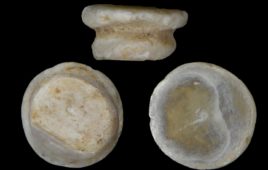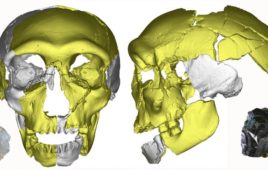A new mathematical theory from the Univ. of Bath is challenging one of the most basic ideas of biology—that the concept of a ‘species’ applies to all creatures.
In a paper, published in the Proceedings of the Royal Society B: Biology, an interdisciplinary team of scientists, including mathematician Tim Rogers, outline findings from a recent study into the mathematics of biodiversity.
Small organisms, measuring less than one millimeter, form the bedrock of the global ecosystem and their diversity is crucial for ecological health and stability. With recent advances in genetic sequencing technology, ecologists had hoped to be able to count the number of different species of such creatures by looking for groups of organisms with similar genomes.
The new results suggest that classifying very small creatures from extremely large populations into species may actually be impossible. This is because for very large populations, the gradual build-up over time of random genetic mutations leads to an overwhelming amount of diversity, possibly making the idea of ’species’ irrelevant.
Report co-author and Prize Fellow in the Centre for Networks & Collective Behaviour at Univ. of Bath Tim Rogers said: “We used a mathematical model to investigate some of the puzzling data on the genetic diversity of very small creatures. Surprisingly, we found that the idea of ‘species’ may not really be applicable in this case. Our findings suggest that even in very large populations, it’s the individuals that matter.”
Source: Univ. of Bath




